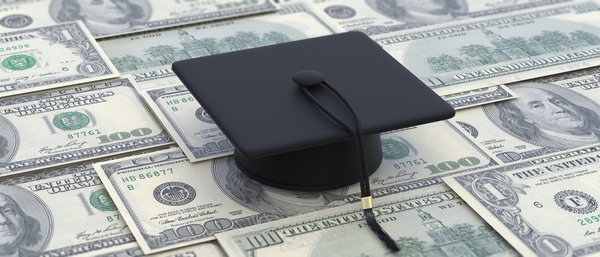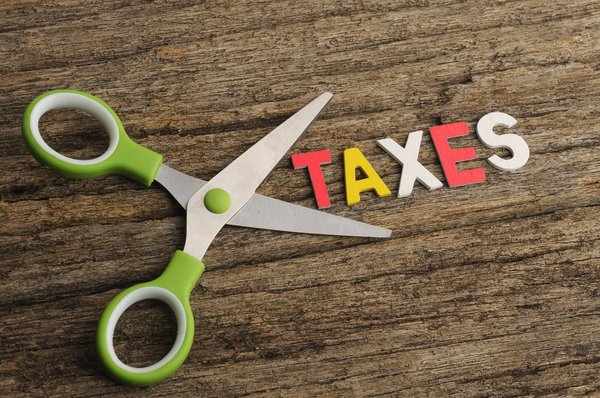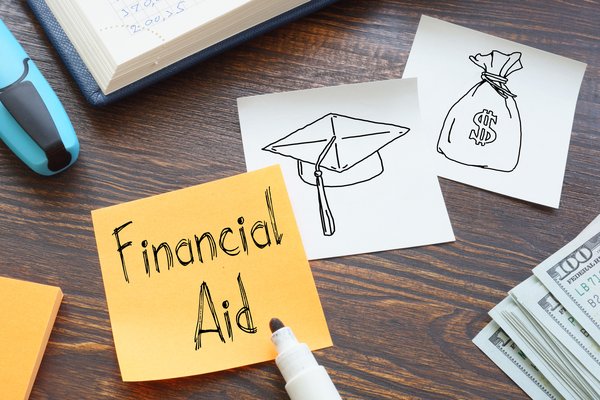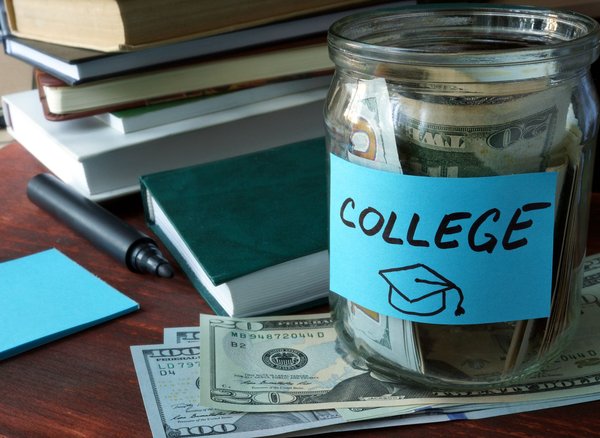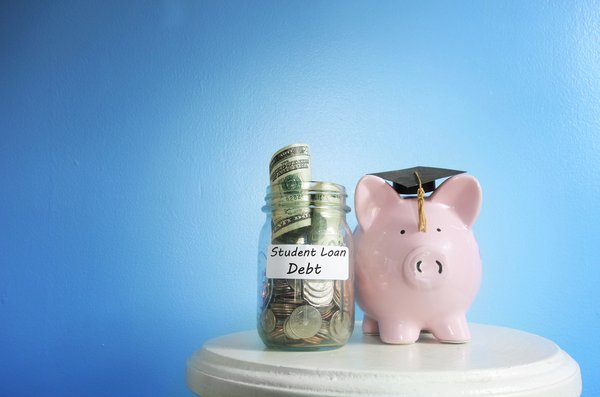With scammers increasingly preying on student loan borrowers, people need to learn how to avoid student loan scams that can cost borrowers time and money. Meanwhile, unlike the legitimate student loan forgiveness programs available to certain borrowers, these scams don't provide any relief to help ease the financial burden of student loans.
Here's a look at how to spot a student loan forgiveness scam and where to find legitimate information on loan forgiveness programs.

What they are
Understanding student loan scams
Americans owed almost $1.8 trillion in federal and private student loan debt as of mid-2023. Many borrowers can't afford their debt and risk a loan default. This growing financial burden has spurred calls for a broad student loan forgiveness program, which the Biden administration attempted to implement before the Supreme Court struck it down in 2023. That led the administration to pursue a different path to broad student loan forgiveness.
Loan Default
Private Student Loans
Scammers have started tapping into the growing desire of borrowers for relief by preying on people who aren't fully informed about legitimate student loan forgiveness programs. They promise borrowers fast relief for their student loan burdens. Instead, these scams are usually after one of two things:
- An up-front payment: Many student loan forgiveness scams require an up-front fee to "help" borrowers file for loan forgiveness, consolidate their loans, get a lower interest rate, or apply for grants or scholarships. They'll take the money and never provide any assistance.
- Sensitive information: Scammers often try to pry sensitive information from a borrower, like their Social Security number or Federal Student Aid (FSA) ID. The information can allow them to steal the borrower's identity and open credit accounts in their name.
Instead of seeing relief from their financial burden, student loan forgiveness scam victims often see that weight grow heavier. Borrowers must be vigilant and skeptical when pursuing student loan debt relief.
Unsubsidized Student Loans
How to avoid them
How to avoid student loan forgiveness scams
You can avoid student loan forgiveness scams if you know how to spot them. Here are five tips for avoiding a student loan relief scam.
Know the legitimate sources of information
Scammers prey on uninformed borrowers. That's why student loan holders need to know the legitimate sources of student loan forgiveness information. These include:
- Official email addresses: Scammers will often use names, logos, and addresses that seem official. However, the Department of Education will use only the following email addresses for official communications: [email protected], [email protected], and [email protected].
- Official text messages: Scammers will often use text messages to obtain information from borrowers. However, the Department of Education will send text messages only from 227722 or 51592.
- Official government websites: Government websites offer a treasure trove of information on relief programs. They always end in .gov (e.g., StudentAid.gov).
- Official government student loan relief programs: The government offers several legitimate student loan relief programs, including Public Service Loan Forgiveness (PSLF) and Teacher Loan Forgiveness (TLF).
- Official student loan servicing providers: The Department of Education works with several student loan servicing companies to provide relief. They include Edfinancial (edfinancial.com), MOHELA (mohela.com), Aidvantage (aidvantage.com), Nelnet (nelnet.com), ECSI (efpls.ed.gov), and Default Resolution Group (myeddebt.ed.gov).
Beware of lofty promises
If it's too good to be true, it probably isn't. Many scams attract borrowers by offering immediate student loan forgiveness. However, that isn't how legitimate student loan forgiveness programs work.
For example, the Public Service Loan Forgiveness (PSLF) program requires that a borrower make 120 qualifying payments and have 10 years of full-time employment for a qualified public service organization. Meanwhile, student loan forgiveness programs for teachers require working for five consecutive school years.
Avoid demands for a swift response
Many student loan forgiveness scammers will pressure borrowers by saying they must act immediately to receive forgiveness. They'll say a forgiveness program is about to end or that it's first come, first served. While the Department of Education will highlight temporary relief programs, its partners won't use aggressive language or sales tactics.
Don't give out sensitive information
Scammers often try to get sensitive information from a borrower, like their Social Security number, FSA ID, or password. Anytime someone asks for sensitive information via a phone call, text, or email, it should be a red flag. The Department of Education and its partners will never ask a borrower for their username and password for StudentAid.gov.
Keep away from programs requiring an up-front payment
Many student loan forgiveness scams require the borrower to pay an up-front fee to expedite forgiveness or to apply for a program. Legitimate student loan forgiveness programs don't charge a fee. Meanwhile, most student loan servicing companies will work with borrowers free of charge to lower the borrower's monthly payment, consolidate loans, or see if they qualify for a loan forgiveness program. Borrowers should start with their current student loan servicer before getting assistance from a private, unaffiliated company to reduce the risk of getting scammed.
Getting informed is the best way to avoid student loan scams
Scammers are increasingly preying on student loan borrowers who don't know where to turn for help. Borrowers can avoid falling for a scam by taking the time to learn about legitimate programs from official sources, like government websites and official partners. That knowledge can help borrowers apply for the right relief program and avoid making matters worse by falling for a student loan forgiveness scam that costs them more time and money to fix.










